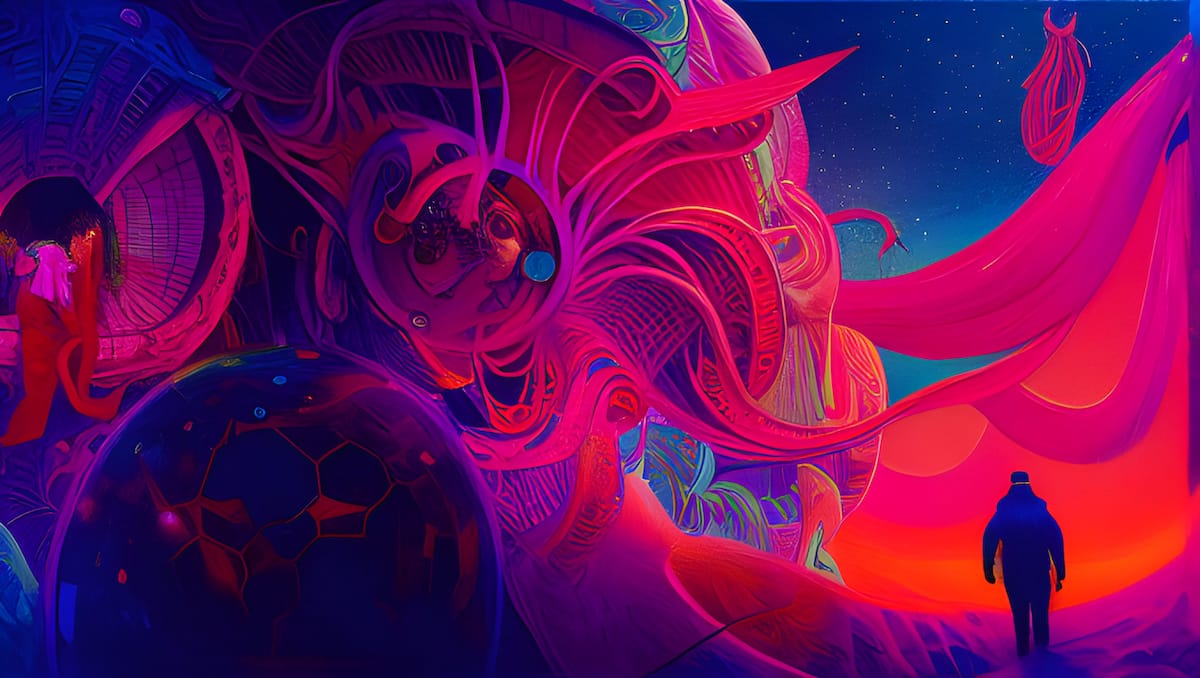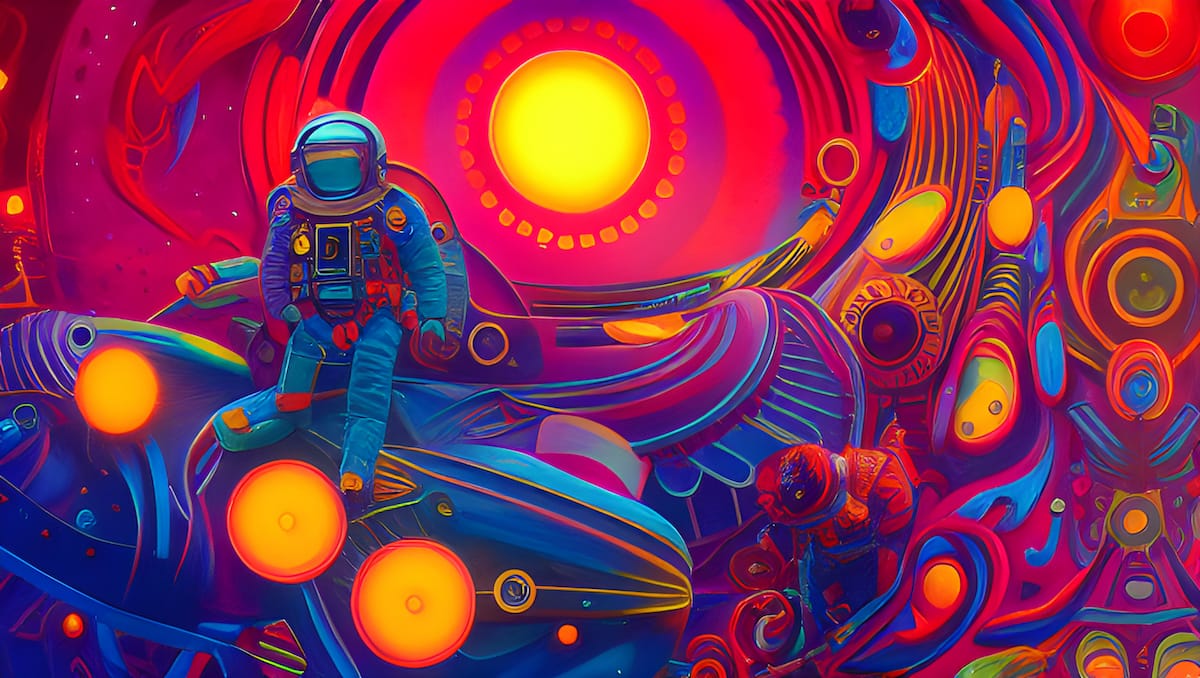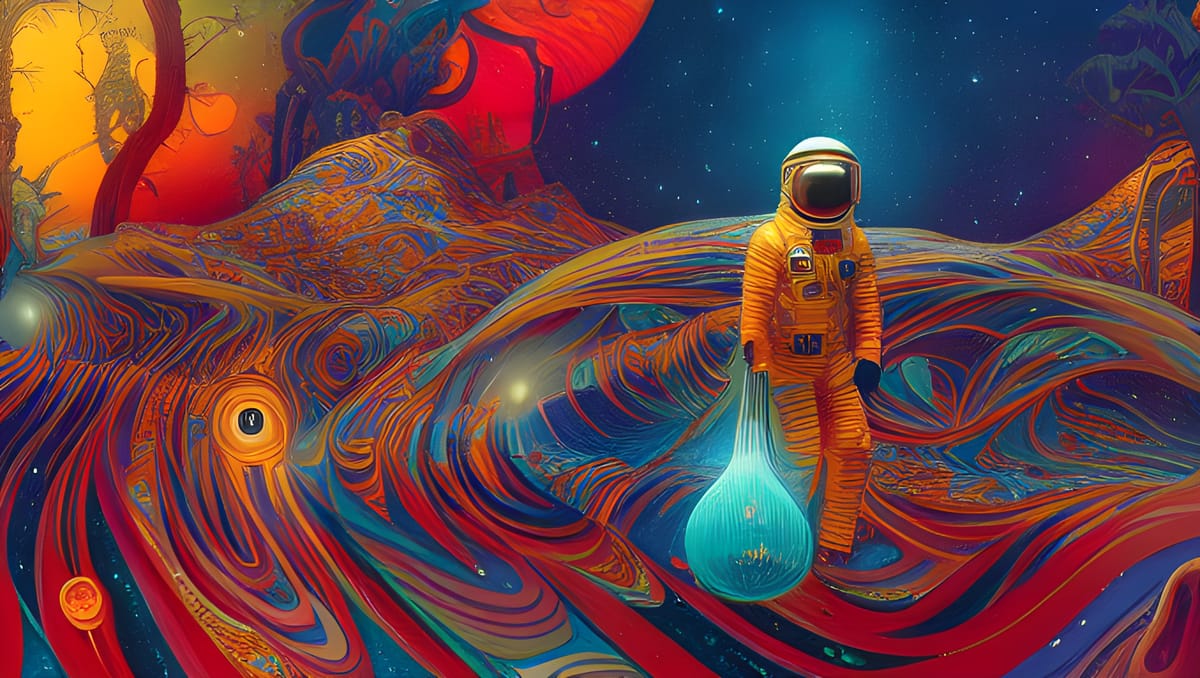The incomplete internet | Why decentralization is inevitable
The internet is still growing and getting better
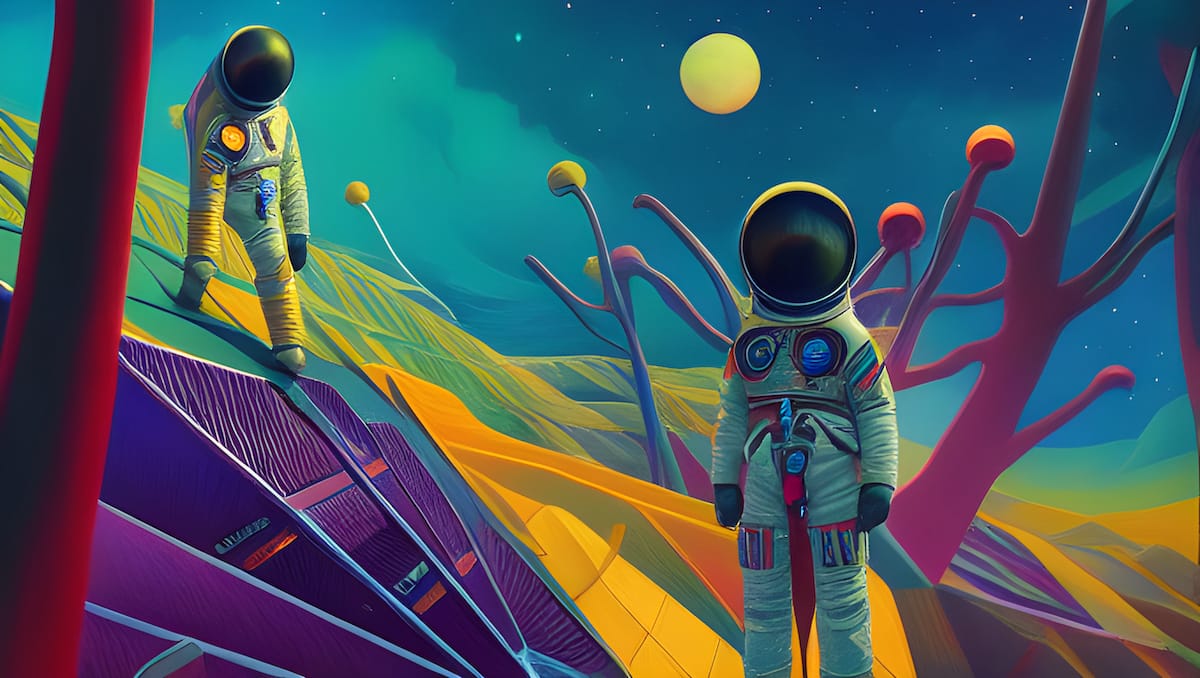
Sometimes it’s easy to think that the internet is this static thing. Sometimes it can feel like a bridge or a tunnel, connecting our physical world to the digital world.
When we think like that, it’s easy to believe the internet is an unchanging piece of infrastructure. And on some levels, it is. The internet is built on protocols, and most of the important protocols we use for things like accessing the web or sending emails were standardized long ago, existing in largely the same format for decades.
But look deeper, and the internet isn’t static at all. It’s incomplete.
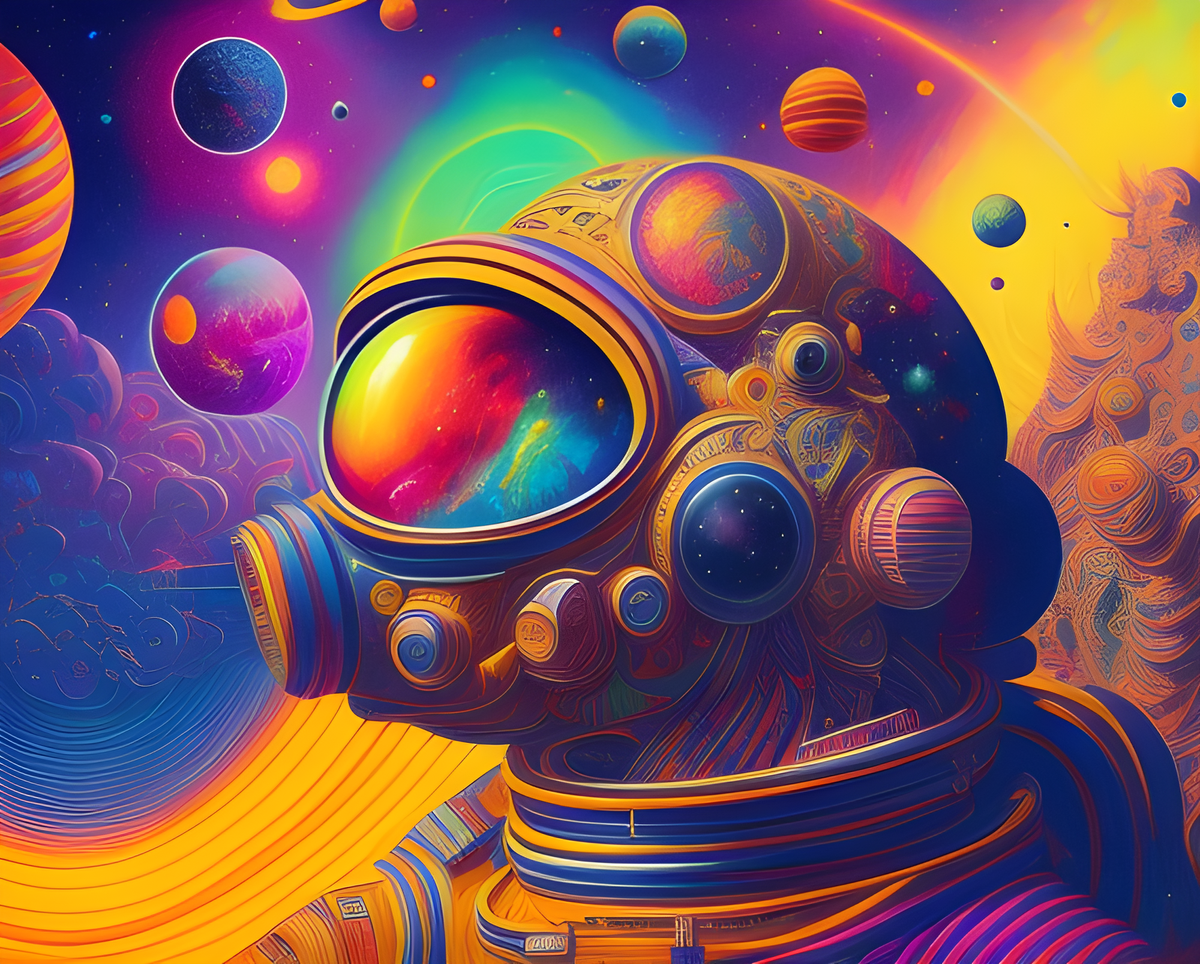
The protocols that underpin the internet — the bedrock of its functionality — are not where the innovation stopped. Rather, they’re where centralization began. The internet's second layer, the platforms and services that most people associate with online life, is dominated by a handful of gatekeepers.
These companies control access, curate content, and shape the flow of information. In doing so, they’ve constructed an internet that’s convenient but also fragile, closed, and reliant on permission.
Consider this: the open, permissionless design of foundational protocols like HTTP or SMTP allowed the internet to flourish in its early days. No one needed Facebook’s approval to build a blog or Gmail’s permission to send an email. That freedom was baked into the system.
Yet, over time, centralization crept in through proprietary platforms, algorithms, and walled gardens. As a result, the internet today feels like an ecosystem where innovation is boxed in by corporate priorities rather than human potential.
The cracks in this system are showing. Outages of major platforms disrupt global communication. Censorship, both governmental and corporate, shapes narratives and stifles dissent (most recently Tik-Tok). And the trust that once defined the internet is fraying, with users questioning who really owns their data, their conversations, and by extension, their digital lives.
This is why the move toward open, permissionless, and decentralized protocols is both important. It's also why it feels inevitable. Blockchain-based systems, decentralized autonomous organizations (DAOs), and federated platforms like Mastodon and decentralized social media protocols like Farcaster are not merely experiments in techno-idealism — they’re a response to the internet’s incompleteness.
These decentralized systems promise to restore some of the internet’s foundational principles: interoperability, user sovereignty, and resilience. They offer a world where data ownership shifts back to individuals, where platforms are governed by communities instead of corporations, and where innovation isn’t throttled by gatekeepers. It’s not just about rejecting centralization — it’s about reimagining what a complete internet could look like.
Yet decentralization is not a panacea. These systems come with their own challenges, from scalability to governance disputes. But their emergence signals a tectonic shift: the realization that the internet must evolve beyond its current form, and that evolution must be guided by principles of openness, inclusivity, and trust.
The internet is incomplete, but that incompleteness is an opportunity. By embracing decentralized, permissionless protocols, we can build an internet that isn’t just a bridge or a tunnel, but a space for true human connection and boundless creativity — a system not just for the world as it is, but for the world as it could be.
Latest Open Money project posts
